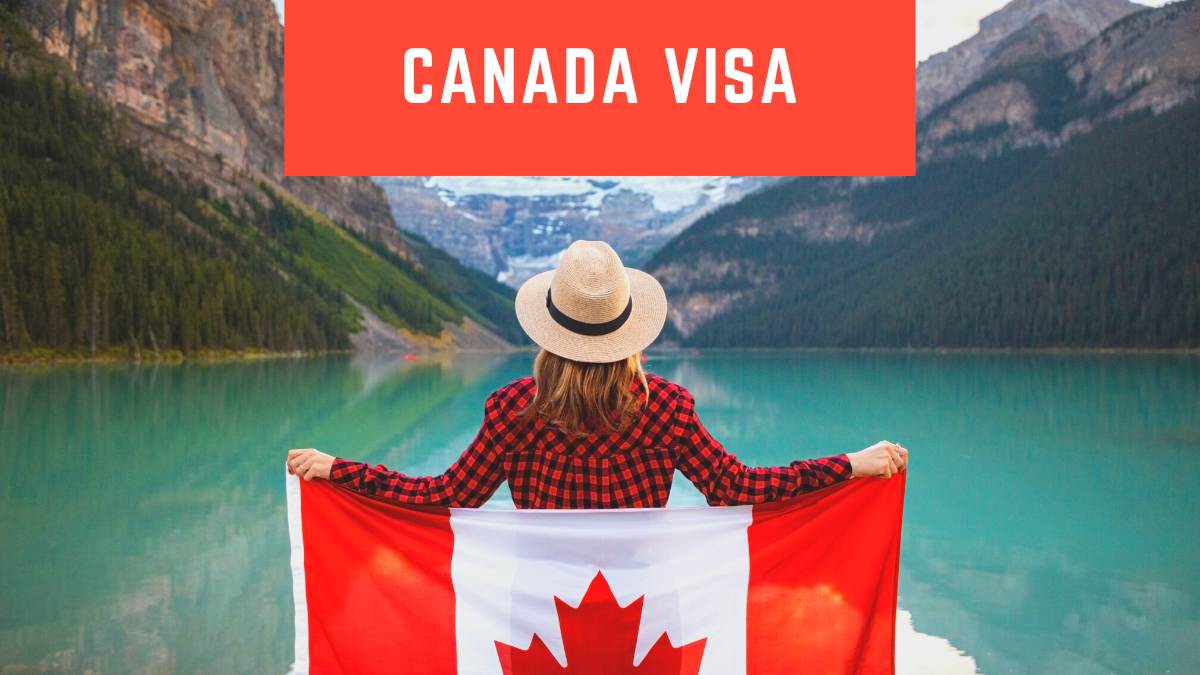Thinking of finding work in Canada? You’ve come to the right place. This guide will provide a straightforward overview of what it takes to get a job permit and work in Canada, either temporarily or permanently.
Canada is known for its high quality of life and diverse opportunities. Big cities like Toronto, Vancouver, and Montreal have lots of careers across many industries. Whether you want to give the Canadian workforce a try for a bit or settle there long-term, important things to know are the different work permit options and application process.
We’ll break down the types of permits available depending on your situation. From job offers to careers for recent grads, to ways partners can work too. Next, we’ll cover eligibility rules – things like health, background checks, and proving you can support yourself.
Types of Work Permits
There are four main work Permit programs. They are:
Employer-Specific
For those with a job offer. The company will need approval to show no Canadian can fill the role. Certain in-demand careers qualify more easily.
International Experience Canada
Let young adults 18-35 work for 1-2 years through things like working vacations. It helps gain experience without directly leading to permanent status.
Post-Graduation
International students who recently graduated from a Canadian school can get an open permit for up to 3 years after school. Many use this popular path to build experience.
Spousal Open
Partners of some permit holders like students can apply for a permit valid the same length. Having your partner able to work can attract families. These are the primary temporary options. Some who will get permanent status later may need initial work permission too.
Work Permit Requirements
Canada wants people who fit their goals and can settle comfortably. When applying directly, key requirements include:
- A valid job offer or eligibility for programs like working vacations
- Proving you can financially support yourself
- Getting approval if needed from the job impact assessment
- Being in good health and having no criminal record
- Having valid travel documents like a passport
For company-based permits, businesses must register with the government, list jobs for at least 4 weeks, and get approval showing limited qualified Canadians.
Application Process
Applications can be complex, so professional help is recommended. Here are the basic steps for foreign workers:
- Make sure you’re eligible for the program
- Have your employer complete the approval process if needed, which takes over 2 months.
- Carefully prepare application materials following the checklist
- Submit your completed application online or by mail, following forms and instructions closely
- Wait for processing, which usually takes over a month. They may request more details.
- Read all conditions and confirm start details if approved.
- Prepare for arrival with housing, benefits, and transportation arranged.
- Show your permit to border officials when entering Canada.
Key Application Tips
Start 6-12 months in advance for timing, up to a year if the employer is involved
- Ensure you meet every requirement
- Understand applicable fees
- Consider professional immigration help if needed
- Have backup savings in case of processing delays or resettling
- Be patient throughout the multi-step process
Frequently Asked Questions
How long does it take to get approved?
Processing times vary but usually take 1-3 months. Employer-sponsored permits through the LMIA process can take longer, up to 6 months.
Do I need a job offer first?
For most work permits yes, you need a formal offer letter from a Canadian employer. Exceptions include working holiday programs for young people.
How much does it cost to apply?
Fees range from $150-550 CAD depending on the type of application and if you apply from within Canada or outside. Be sure to budget for this.
What kind of work can I do?
Your permit will list the approved job title/duties. You can only work for that employer in that role. Some open permits allow any job in the stated occupation.
Can I bring my family?
It depends. Spousal/partnership open work permits may be possible. For longer stays, look at pathways to sponsorship or provincial nomination programs welcoming families.
How do I prove I have funds?
You’ll need a bank statement or letter showing sufficient money to support yourself for the first few months, usually around $12,000 minimum.
Does a work permit it lead to permanent residency?
Possibly! Certain permits coupled with Canadian experience position you well for provincial nomination, Canadian Experience Class or spousal sponsorship applications down the road.
What areas in Canada are hiring the most?
Popular fields include health care, STEM, trades, agriculture, tourism, and services. Be sure any work permit application shows demand for your specific job skills in Canada.
Conclusion
In the end, getting a job permit in Canada lets you try living there. While staying forever needs more time, working there first can help make it possible down the road.
Many people from other places successfully get the OK to work in Canada each year. You can come just for a little or try making it your new home long-term. Certain programs assist later on once you gain experience there.
Canada continues welcoming hundreds of thousands of new residents yearly as more jobs become open. People who want to contribute legally receive support.

Leave a Reply
You must be logged in to post a comment.